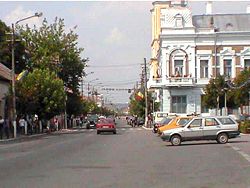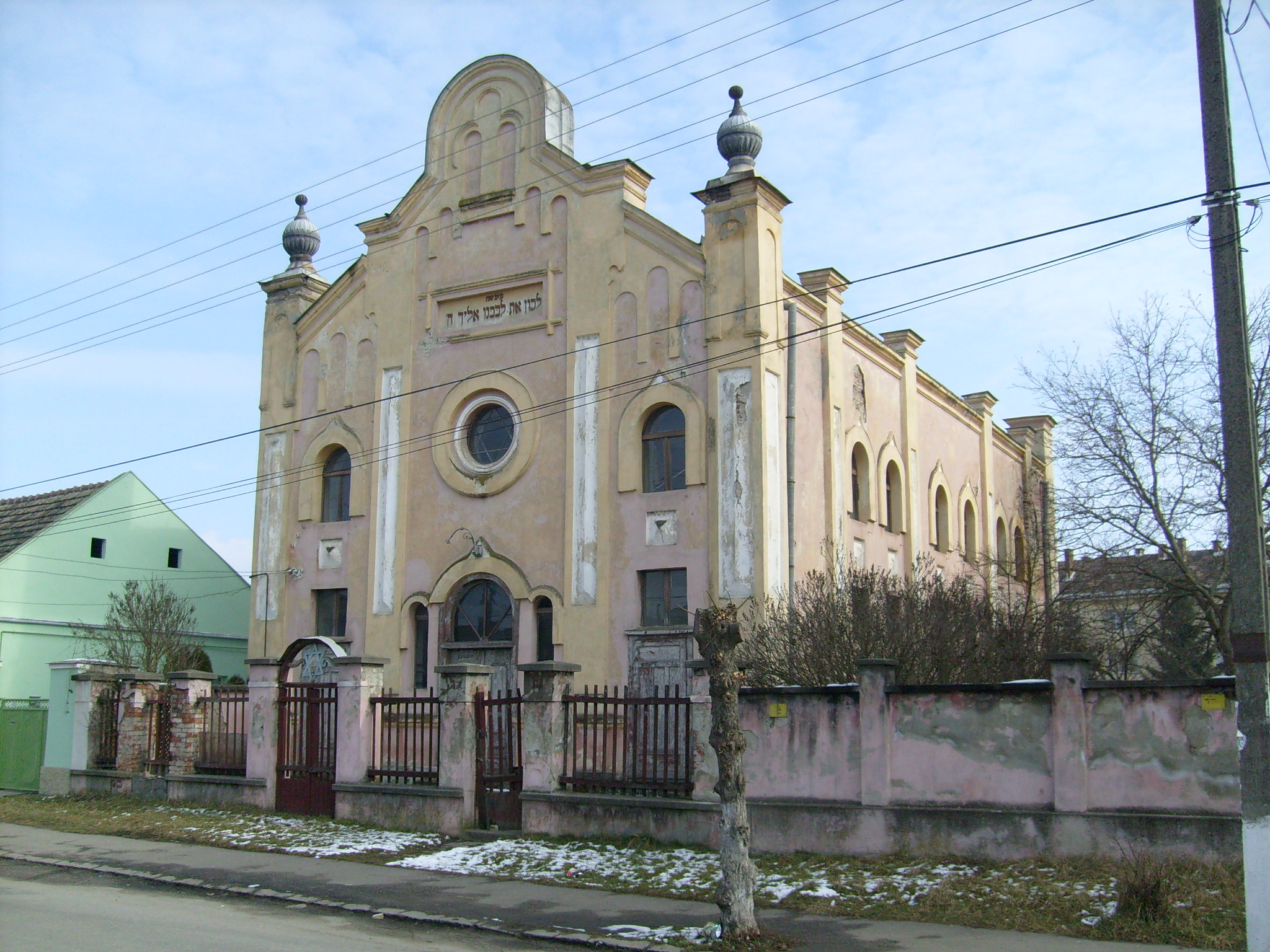Gherla
Gherla ( German Neuschloss or Armenians city, Hungarian Szamosújvár, Armenian Հայաքաղաք - Hayakaghak ) is a city in Romania, located in the county of Cluj in Transylvania, on the river Somesul Mic ( Small Somes ).
In 2007, the city had about 22,000 inhabitants. Besides Dumbrăveni Gherla formed one of the two centers of Armenian culture in Transylvania and in the former Kingdom of Hungary. The Transylvanian Armenians were largely Magyarised over the centuries.
About 5 kilometers from the city is the monastery Nicula, one of the most important pilgrimage sites in Transylvania.
History
Gherla was first mentioned in 1291 as Gerlahida documented. Until the 15th century it was owned by different families, from 1467 it belonged to the diocese of Oradea. As reinforced Armenians fled from the Vltava from the 1670s to Transylvania, they settled down, inter alia, next to the village, where they founded in 1700 Armenian city. City, village and other surrounding villages grow together during the 18th and 19th centuries. Due to its important role as a trading business, enjoyed the Armenians and their cities stately promotion and privileges. The Armenian city population declined in the 19th century increasingly to the Hungarian language and culture.
About her former Armenian population out Gherla is therefore a cultural-historical particularity in Transylvania since the Baroque town was laid out according to plan. The most important building is the built 1748-1804 Armenian Catholic Church of the Trinity.
On December 19, 1853, Pope Pius IX founded. the diocese as suffragan of the Archdiocese of Gherla Fagaras and Alba Iulia. In 1924 the headquarters of the diocese of Gherla to Cluj ( Kolozsvár ) was laid.
Fortress
The former fortress in the north of Gherla was built in the 16th century by George Martinuzzi in Renaissance style. Szamosújvár or Neuschloss - - From the construction of the new castle of the Hungarian and the common in the early modern German name of the place derived. Since 1785, the plant is used as a prison in the Communist era political prisoners were housed under the " Pitesti experiment ".
Twinning
- Forchheim, Germany (since 2000)










